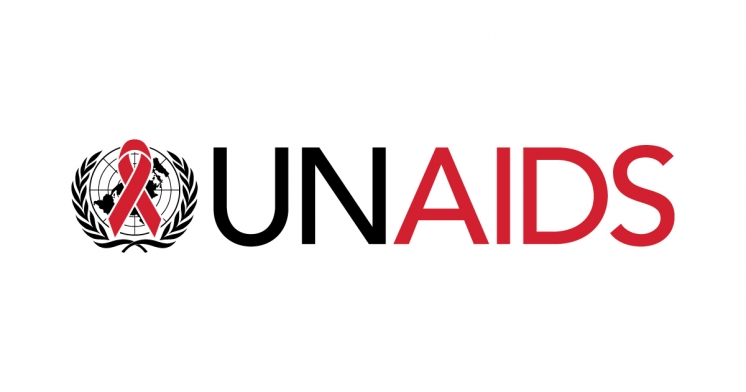UNAIDS, the Joint United Nations Programme on HIV/AIDS, is an innovative partnership that leads and inspires the world in achieving universal access to HIV prevention, treatment, care, and support for people living with HIV.
Official Name
UNAIDS
Activities
UNAIDS leads global efforts to end AIDS as a public health threat by 2030. Key activities include:
- Leadership and Coordination: UNAIDS promotes leadership and partnerships at all levels to combat HIV, providing strategic guidance and technical support.
- Inclusion of Affected Individuals: The programme places people living with HIV at the center of decision-making and policy development.
- Strategic Information and Analysis: UNAIDS generates critical data on the HIV epidemic and publishes authoritative information to support an effective response to AIDS.
- Policy Formation and Resource Mobilization: UNAIDS influences national policies, mobilizes investments, and shapes public opinion to build resilient health systems and legal frameworks.
Leadership
Executive Director of UNAIDS: Winnie Byanyima
History
UNAIDS was established in 1994 as the Joint United Nations Programme on HIV/AIDS with the aim of coordinating the global response to the HIV epidemic. The organization was created following the adoption of a new approach to combating AIDS, which included more effective coordination between various UN agencies, governments, and non-governmental organizations. UNAIDS began its operations in 1996 and has since actively fought against AIDS, supporting global, regional, and national initiatives.



